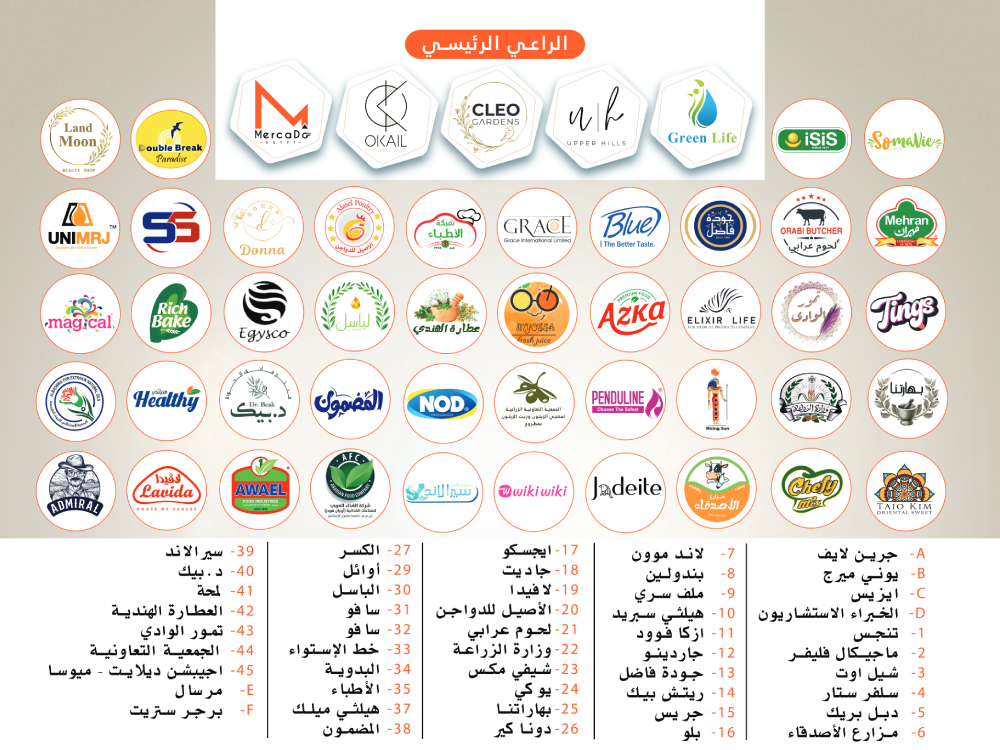
The events industry is a multifaceted and dynamic sector that encompasses a wide array of activities, ranging from corporate conferences and trade shows to music festivals and weddings. As an integral part of the global economy, it plays a significant role in driving tourism, fostering business relationships, and promoting cultural exchange. However, like many other industries, it is not immune to the winds of change and must continuously adapt to evolving trends and challenges. In this comprehensive analysis, we delve into the various facets of the events industry, examining its current landscape, emerging trends, and future prospects.
Current Landscape:
The events industry has witnessed remarkable growth in recent years, fueled by globalization, technological advancements, and shifting consumer preferences. According to a report by Allied Market Research, the global events industry was valued at over $1.1 trillion in 2020 and is projected to reach $1.4 trillion by 2026, registering a compound annual growth rate (CAGR) of 5.9% during the forecast period. This growth can be attributed to the increasing demand for experiential marketing, the rise of destination events, and the proliferation of digital platforms for event management and promotion.
Moreover, the events industry is highly diversified, encompassing a wide range of segments such as corporate events, social events, sports events, and entertainment events. Each segment has its own unique characteristics and target audience, creating a vibrant ecosystem of opportunities for event organizers, suppliers, and participants.
Emerging Trends:
Several key trends are reshaping the events industry and influencing its trajectory:
- Hybrid Events: The COVID-19 pandemic has accelerated the adoption of hybrid events, which combine in-person and virtual elements. Even as restrictions ease, hybrid events are expected to remain popular due to their ability to reach a wider audience and provide flexibility for participants.
- Sustainability: There is a growing emphasis on sustainability within the events industry, with organizers increasingly seeking eco-friendly solutions for venue selection, waste management, and resource utilization. This trend reflects a broader societal shift towards environmental consciousness and responsible business practices.
- Personalization: Event organizers are leveraging data analytics and artificial intelligence to personalize the attendee experience, offering tailored content, networking opportunities, and promotional offers based on individual preferences and behavior.
- Immersive Technologies: Virtual and augmented reality technologies are being integrated into events to create immersive and interactive experiences. From virtual venue tours to augmented reality games, these technologies are enhancing engagement and driving innovation within the industry.
- Health and Safety Measures: In the wake of the pandemic, health and safety considerations have become paramount for event organizers. Enhanced sanitation protocols, contactless registration systems, and crowd management strategies are now standard practices to ensure the well-being of attendees.

Future Prospects:
Looking ahead, the events industry is poised for continued growth and innovation, driven by advancements in technology, changing consumer expectations, and emerging market opportunities. However, several challenges must be addressed to sustain this momentum:
- Digital Transformation: The events industry must embrace digital transformation to remain competitive in an increasingly virtual world. This entails investing in robust digital infrastructure, cybersecurity measures, and online engagement tools to deliver seamless experiences for both in-person and remote participants.
- Regulatory Compliance: Event organizers must navigate a complex regulatory landscape, including health and safety regulations, data privacy laws, and intellectual property rights. Staying abreast of regulatory developments and implementing compliance measures is essential to avoid legal pitfalls and safeguard reputation.
- Talent Development: As the events industry evolves, there is a growing demand for skilled professionals with expertise in event planning, marketing, technology, and sustainability. Investing in talent development and fostering a culture of innovation will be crucial for staying ahead of the curve.
- Resilience Planning: The events industry is inherently susceptible to external shocks such as natural disasters, economic downturns, and pandemics. Developing robust contingency plans and diversifying revenue streams can help mitigate risks and ensure business continuity in times of crisis.
In conclusion, the events industry is a dynamic and resilient sector that continues to evolve in response to changing trends and consumer preferences. By embracing innovation, sustainability, and digital transformation, event organizers can unlock new opportunities for growth and create memorable experiences for participants around the globe. However, navigating the challenges posed by regulation, talent development, and resilience planning will be essential for long-term success in this ever-evolving landscape.





